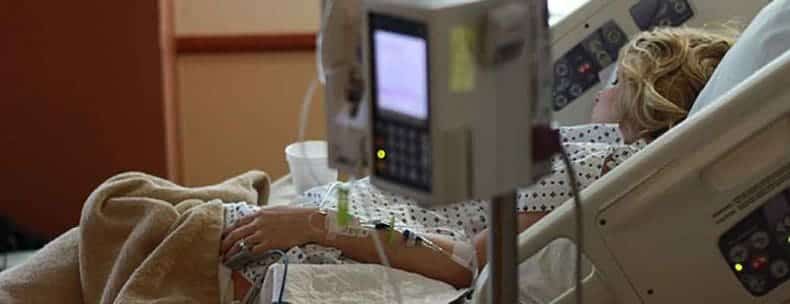Each year, as many as 440,000 people in the U.S. die due to medical mistakes, despite many regulations that hospitals and medical professionals must abide by. There are many reasons that medical errors occur such as:
- The multi-step processes often required in patient treatment
- The numerous medical professionals involved in patient treatment
- A lack of understanding or confusion over the patient caring for him or herself.
Common medical mistakes that put patient safety at risk are:
Wrong-site surgery can occur in a number of ways including the wrong part of a patient’s body being operated on, the wrong patient being operated on, or even the wrong type of surgery being performed. These medical mistakes are not common but can be devastating when they occur.
The U.S. Food and Drug Administration (USFDA) recently reported that medication errors result in a death a day and over 1.3 million injuries annually. Medication errors are much more common than wrong-site surgery. The most common cause of medication errors are:
- A patient is given the wrong medication
- A patient is given the incorrect dose of the right medication
Health Care-Acquired Infections
When a patient contracts an infection that is not related to the diagnosis or condition that he or she was admitted to the hospital for, it is called a health care-acquired infection (HAI). Any infection that occurs within 48 hours of admittance is likely to be an HAI. T
There are three common risk factors that could result in patients acquiring an HAI:
- Patient – Risk factors include the severity of the patient’s condition, how long the patient has been hospitalized, and the effectiveness of the patient’s immune system.
- Organizational – Risk factors include the overall cleanliness of the medical facility such as air filtration, cleanliness of the water systems and building surfaces, and the sterility of the medical devices and equipment.
- Iatrogenic – Risk factors include the care with which the medical staff perform. Washing hands, antibiotic use, and the care used in invasive procedures like intravenous medication administration, catheterization, and intubation are all iatrogenic risk factors.
Patient Falls
It is estimated that between 700,000 and one million patients fall in hospitals in the U.S. every year. As many as 35% of those patients sustain injuries from falling, and nearly 11,000 falls prove to be fatal. The most common areas at risk for patient falls are:
- Fall risk assessment issues – not properly identifying a patient and/or their condition as a fall risk
- Handoff communication issues – not sharing pertinent medical details with other medical professionals between shifts
- Toileting issues
- Call light issues
- Educational and organizational issues
- Medication issues
Readmissions
When a patient is discharged from a hospital stay only to return within 30 days, it is considered a readmission. There are many patient-safety issues that can lead to a readmission, including:
- Being discharged prematurely
- Being discharged to unhealthy settings
- Not receiving the information necessary for effective recovery
Diagnostic errors, or misdiagnoses, are explained as wrong, missed, or unintentionally delayed diagnoses.
Sometimes a misdiagnosis happens when a doctor diagnoses a patient with one condition or illness, when it is actually a completely different condition. For example, a heart attack can be mistaken for indigestion, anxiety or panic attack, or a stroke can be mistaken for a migraine, especially when the patient is younger.
But, diagnosing a condition incorrectly isn’t the only way that a misdiagnosis occurs. In fact, most cases of misdiagnosis involve either a delayed diagnosis or mismanagement of diagnostic testing, as opposed to mistaking one illness for another. Some of the common reasons for delayed diagnosis and mismanagement of testing includes:
- Failure to complete standard tests for symptoms
- Evaluating lab results incorrectly
- Failure to refer patient to a specialist
- Failure to take the time with the patient to adequately address symptoms
- Failure to follow up with patients, their lab results, and with the referred specialists
If you or a loved one have suffered or are suffering with injury and/or disability as a result of medical mistakes you could receive compensation for all that you have endured. Call our medical malpractice attorneys now at 1-800-444-5309 for a free consultation. We have offices in Scranton, Harrisburg and Pittsburgh and will travel to you.





